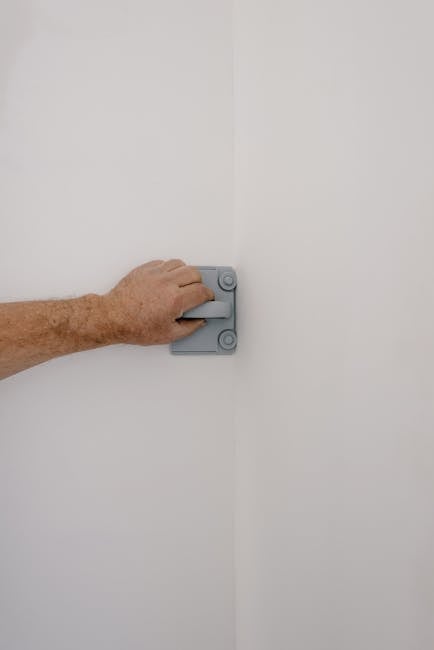
Whether it's vines or veggies, roses or
rhubarb, everything in your garden will benefit from regular applications of mulch There's a multitude of mulches that you can buy or make yourself and they serve a variety of purposes but to show you the right mulch for whatever
job you're looking at first we need to dig a little deeper. The right mulch is like a blanket for your soil. Most importantly it helps you soil to retain moisture and can actually reduce your need to water by up to 70%. So if you
want to save on your water bills mulch is essential. It also helps to
reduce weeds which are not only unsightly but they compete with your
plants for moisture and for space. It helps to reduce weed seed germination, it helps reduce and slow down runoff, it also helps to insulate your soil, which
is absolutely essential for all the earthworms and the other soil microbes that we work so hard to try and encourage.
And it
helps to add some nutrients to your soil. But how do you know which is the right
mulch for your garden? Well the right selection is all about suitability and
of course sustainability. The three main types of mulch are in-organic, living and organic. In-organic mulch includes things like gravel or even crushed brick and it's great if you're in a fire prone area and it also looks quite good. However obviously it's not going to break down and it's not going to add any
extra organic matter to your soil so there's no soil improvement benefit.
Living mulch is simply that if you've got a lot of ground covers they're already shading the soil and reducing evaporation so they're acting as a
mulch and you don't need to put mulch underneath your ground cover. And finally
we have organic mulches now there are a number of different types of them but
broadly they're woody or bark based mulches or straw base mulches. For woody based plant like those in my orchard I like to use this coarse chunky mulch. It's great because it's heavy enough that my chooks, ducks and geese
can't really scratch it around it'll last for a number of years and it really
does suppress weed growth. Elsewhere in my garden I use a finer woody based
mulch it looks neater but it will need to be replaced every couple of years
because it will break down quicker. In my veggie garden I like to use a straw base
mulch there are a number of different types, there's pea straw, lucerne, lupin
and sugarcane mulch. What I use here, is what I can get locally. It's pea straw mulch because it comes from just down the road.

So I'm not going to use sugar
cane mulch because it comes from a long way away up north so when you're making
your decision on what straw base mulch always think about whether it's local
and sustainable and how many miles it's taken to get to the outlet you're
getting it from The reason I like straw based mulches
in my veggie patch is because they break down and when they do, they add organic matter to your soil. Before you mulch make sure that you've watered well because we want
the mulch to retain the moisture within the soil and also make sure that there
are no weeds and then you can simply fluff up the mulch and put it on the soil Elsewhere in my garden I like to use
chopped up pea straw around baby plants that's because the big stuff is simply
too big for them and it will dwarf them or smother them. As a general rule we're looking to put
about five centimeters of mulch on. If we're using something light and fluffy
like pea straw you can actually have it a bit thicker because it's full of air
and still going to allow the water to penetrate and get down to the soil.
However if you're using a heavy bark based mulch or something in-organic like
gravel you probably only want to have it about 2 – 3… up to 5 centimetres in depth
and always make sure that you keep heavy mulches back from the trunk of the plants so you don't get problems with things like collar rot. Some people like to water their mulch
after applying it just to settle it down I also use pea straw around my house in
areas where I'm growing ornamentals and they're fairly established but rather
than fluffing it up, I actually put the pea straw in what you call 'biscuits' that's
what you get when you open a bale it's like a slice and while it's thick
because it's full of air and it's not heavy it still lets moisture through and
I find that putting it on like that means that will last me for a whole 12
months.
Remember to look where your mulch is coming from and what's in it and of course choose a mulch to suit your garden type and the type of plants
you're growing. Whatever you're growing and however you're growing them there's a mulch to suit your patch..
As an Amazon Associate I earn from qualifying purchases.







